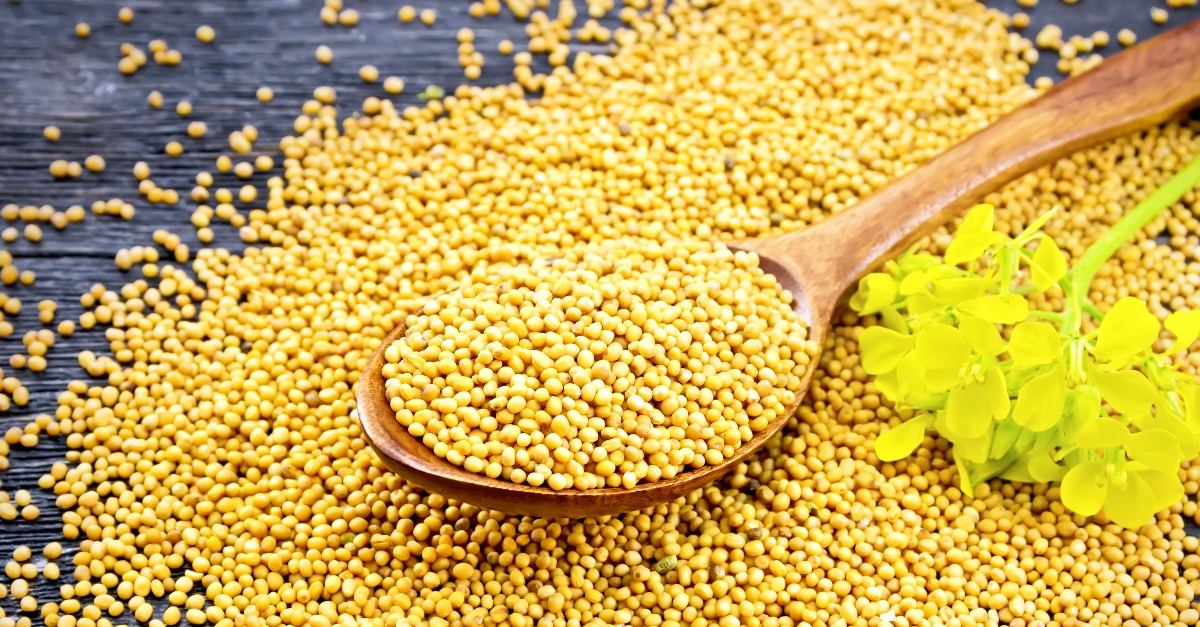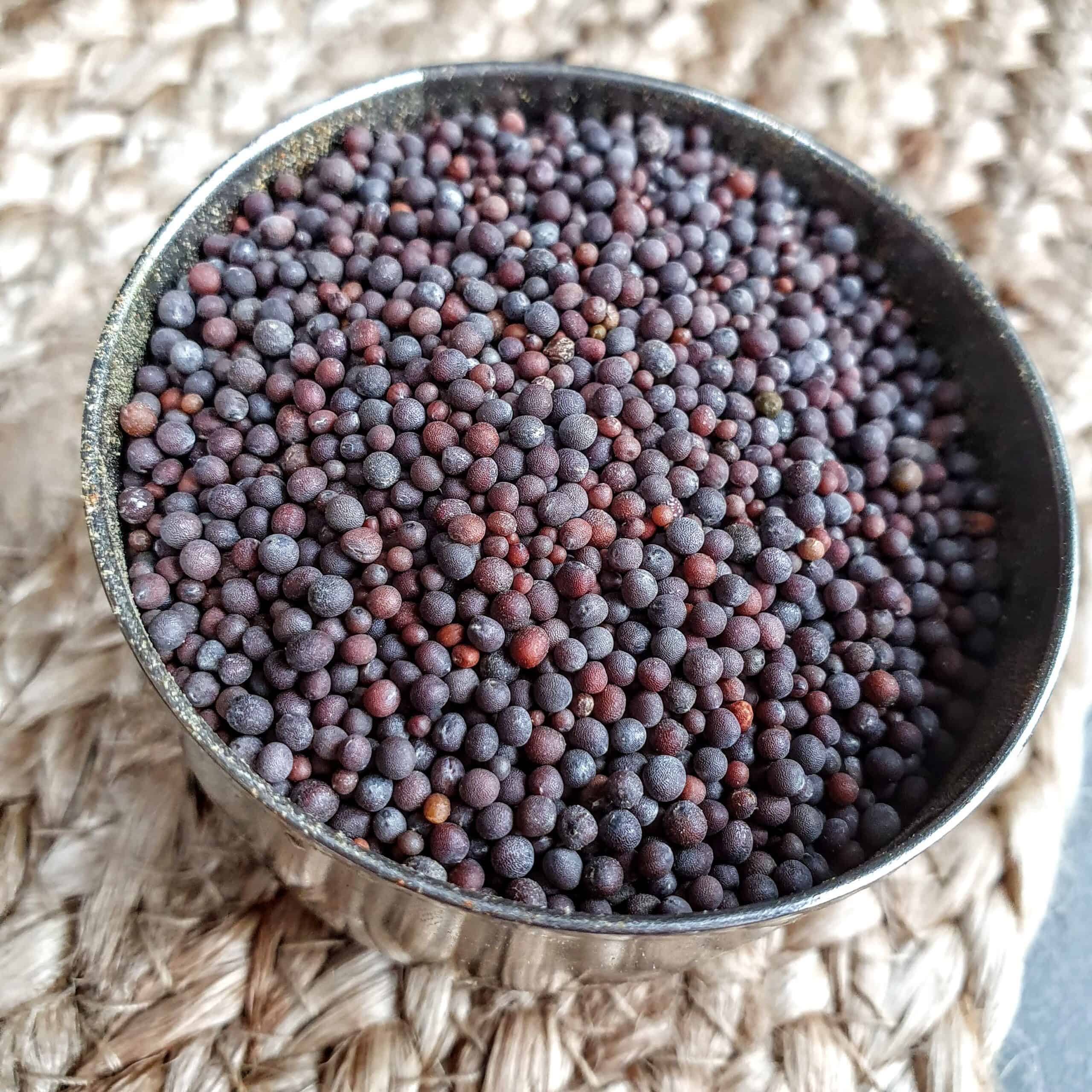
This parable was spoken by Him along with many other parables―The Parable of the Sower and The Parable of the Seed Growing. The Parable of the Mustard Seed appears thrice in the New Testament portion of the Bible, in the Gospels of Mathew, Mark, and Luke. The small mustard seed not only emphasizes on the degree of faith in the Lord, but also the power of a little endeavor spreading out to great multitudes.

Invariably, Jesus taught us all that in order to reach out to far away lands, you must start with a small beginning. Speaking of the example of the tiniest of all seeds, the mustard seed, Jesus efficaciously emphasized on the power of small beginnings and how they could turn into manifold growth reaching all throughout the world. He knew exactly what He had to choose as an example to put forth a spiritual message that is comprehensible by one and all. For truly, I say to you, if you have faith like a grain of mustard seed, you will say to this mountain, ‘Move from here to there,’ and it will move, and nothing will be impossible for you.”īeing the only Son of God, Jesus’ knowledge about all that comprises heaven and earth was infallible. Mathew 17:20 English Standard Version (ESV) states, “Because of your little faith. Once in the Parable of the Mustard Seed, and second when He explains about faith. Development of improved N (nitrogen) management practices is crucial to lowering the carbon footprint in oilseed crops.Jesus has used the example of the mustard seed twice in the Bible. M21 will have a major research focus on the feasibility of incorporating several diverse crops, including mustards, into the major crop rotations (cereal, oilseed, pulse) to determine how they will influence pests, water use efficiency, soil nutrients, crop and soil productivity, and carbon footprint. The lack of new herbicides registered for use in mustards is a serious concern that Mustard 21 (M21), AAFC and their collaborators will be addressing in the planned research with the Diverse Field Crop Cluster. Limited options for managing hard-to-kill broadleaf weeds pose a major challenge for mustard production. The mustard breeding program at Agriculture and Agri-Food Canada (AAFC) is driven to improve the genetics of new varieties. Mustard production in Canada is concentrated in the drier, southern prairies, where drought-tolerance is needed for crop success. Carinata ( Brassica carinata), also in the mustard family, is being developed as a dedicated industrial oilseed crop. Canada is the world’s largest exporter of condiment mustard seed, supplying both Yellow and Brown/Oriental mustards to the world trade market. Globally, three types of mustard seeds are used as condiments: Yellow ( Sinapis alba), Brown and Oriental mustard (Brassica juncea). Depending on the type of mustard ingredient used, mustard provides emulsification, stability, water and fat binding, preservative and nutritive properties to foods.

Mustard has unique functional properties that can be applied to many foods including baked goods, packaged meat products, condiments and emulsion-type dressings.

It can be milled to produce flour and bran, and de-oiled to produce an oil fraction and a high protein meal.

#Mustard seed cracked
Mustard is a diverse commodity– it can be processed into various forms including whole seed, cracked seeds and finely or coarsely ground seeds. This high biological value makes mustard a protein source of interest for human nutrition. Mustard protein has an excellent nutritional profile: rich in lysine, with higher methionine and cysteine levels than most cereal and oilseed proteins. Glucosinolates are important natural components in mustard as their breakdown produces isothiocyanates– the agents responsible for the heat, pungency and natural antimicrobial properties of mustards. Additionally, mustard contains bioactive compounds such as glucosinolates, phytate, and phenolics, which are now being investigated for their potential in industrial applications and for their health benefits. Mustard seeds contain protein, oil, carbohydrates, and micronutrients.


 0 kommentar(er)
0 kommentar(er)
